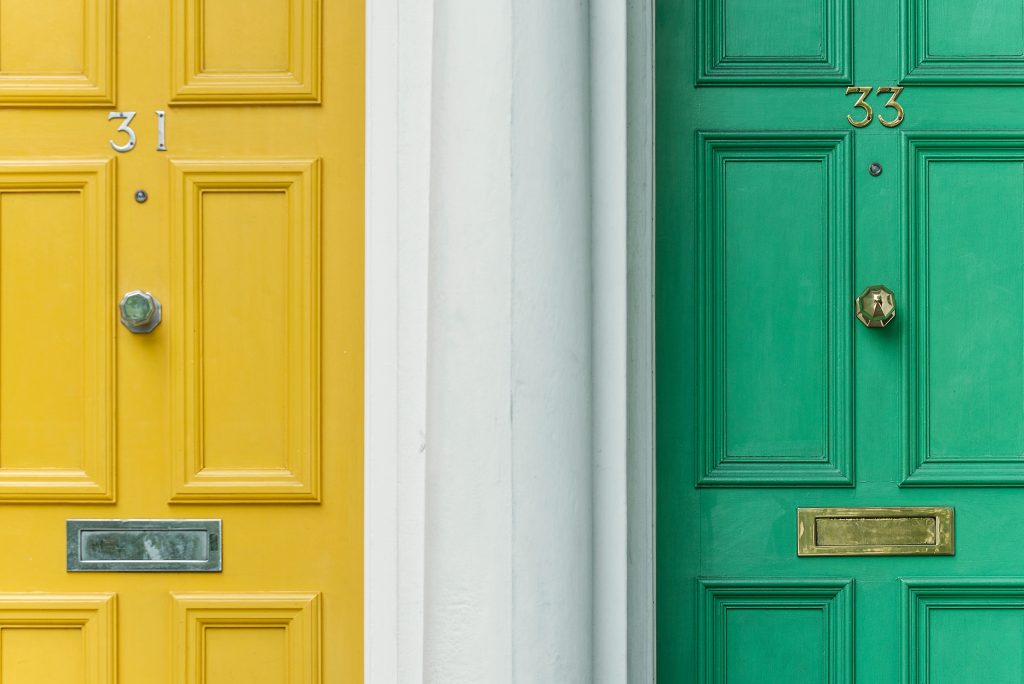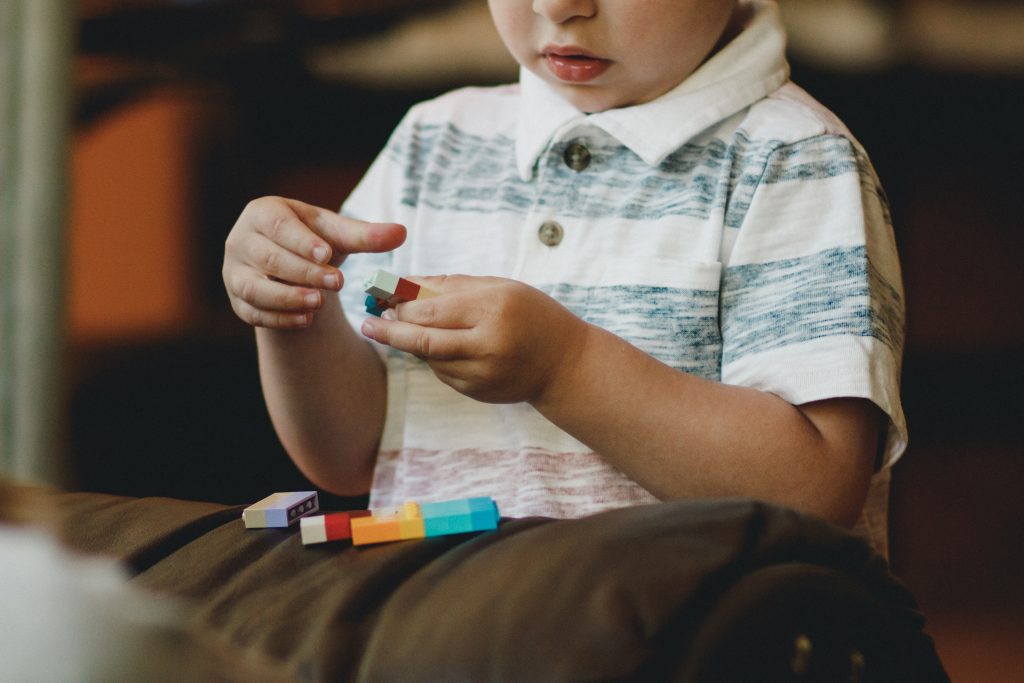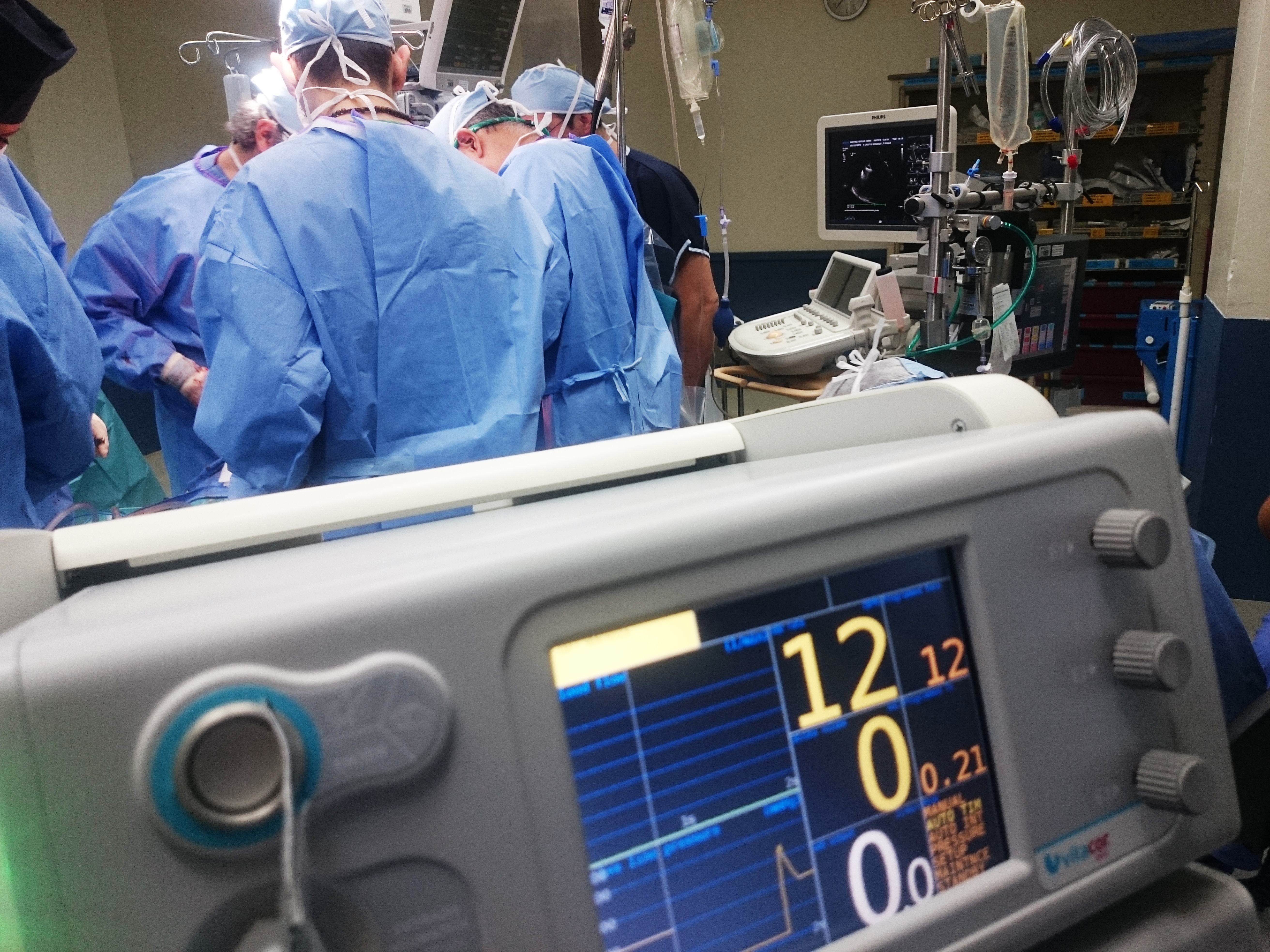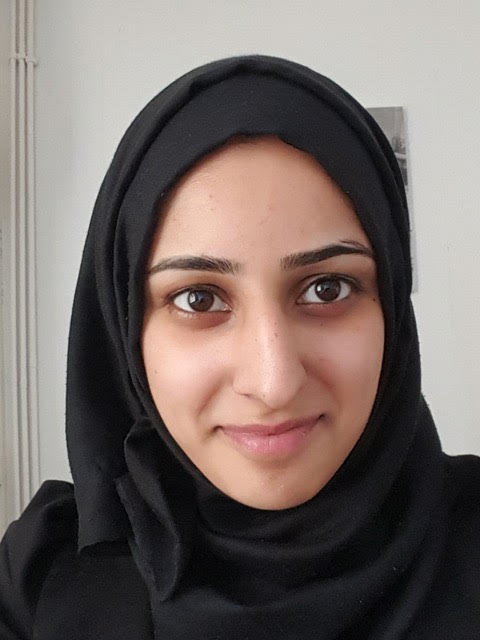A mother will not be told her teenage child is being treated for a rare form of cancer, in an important ruling about privacy by a High Court judge.
The judge was told that the child, who cannot be identified due to legal reasons, had not been in contact with his mother for several years.
As a result, while his father had been informed, he didn’t wish for his mother to be told about his health condition. The child is currently living with another family member.
‘Keep The Door Completely Closed For As Long As Possible’

Image Credit: Christian Stahl / Unsplash
The case ended up in court after an application from social services. There, Mr Justice Hayden extended a previous order which was made by the High Court to prioritise the child’s wishes.
Under the original order, both council staff and teachers at the child’s school were not allowed to disclose information about his condition to the mother.
The youngster is absolutely clear about what he wants, and what he wants is stability and security during this process. He needs to concentrate on his treatment, 100% focus.
Mr Justice Hayden
The child is currently receiving intensive treatment for the condition and, although he remains in a serious condition, progress is being made.
Giving the judgment, Mr Justice Hayden said he had considered both the mother’s parental rights and the child’s right to privacy. While the judge acknowledged the ban may have to be lifted in the future, he intended to “keep the door completely closed for as long as [he] can”.
A Balancing Act Between Parental And Privacy Rights

Image Credit: Jon Flobrant / Unsplash
This case revolved around the conflict between the mother’s parental rights to know about her child’s medical history, and the child’s right to privacy.
Parental rights are generally exercised under Article 8 of the Human Rights Convention – which says that everyone has the right to respect for their private and family life, home and correspondence.
Article 8 is quite broad and allows parents to exercise a range of rights such as educating their child and, at a more basic level, naming them. Furthermore, under Article 14, parents, like all of us, have a right to not be discriminated against in the exercise of this or any other right.
However, because Article 8 is a qualified right, it can be restricted when it is just and proportionate to do so. This involves taking into account all the relevant considerations of the case at hand.
The Right to Privacy – In The Same Article

Image Credit: Drew Hays / Unsplash
In a confusing twist, Article 8 in the Human Rights Convention protects both the right to privacy and parental rights. This means the court is essentially balancing the different rights within privacy and family life against each other on a case-by-case basis.
The protection of medical data is of fundamental importance to a person’s enjoyment of his or her right to respect for private life.
The Human Rights Court
However, there are precedents in place which touch on the relationship between privacy and medical data. In a case at the Human Rights Court in 1997 called Z v Finland, the judges found that “the protection […] of medical data is of fundamental importance to a person’s enjoyment of his or her right to respect for private life.”
Children are also given additional human rights protections as part of the Convention on the Rights of the Child – which the UK has signed up to. Of particular significance is Article 16, which sets down a child’s right to privacy.
Cases Which Are Rarely Easy To Decide

Image Credit: Caleb Woods / Unsplash
After looking at both the mother’s rights and those of the child, Mr Justice Hayden decided that those of the child were most important. He also recognised the possible adverse impact on the child’s treatment if his mother were to be told about his condition against his wishes.
The fact that the child was in the process of being treated for cancer was also taken into account. As Mr Justice Hayden recognised: “The youngster is absolutely clear about what he wants, and what he wants is stability and security during this process […] he needs to concentrate on his treatment.”
Cases such as this one are rarely easy to decide. This case highlights how courts aim to support the very best interests of the child in such circumstances. It also conveys the delicate balancing act that the courts are tasked with – and how some rights need to be curtailed to protect others.







